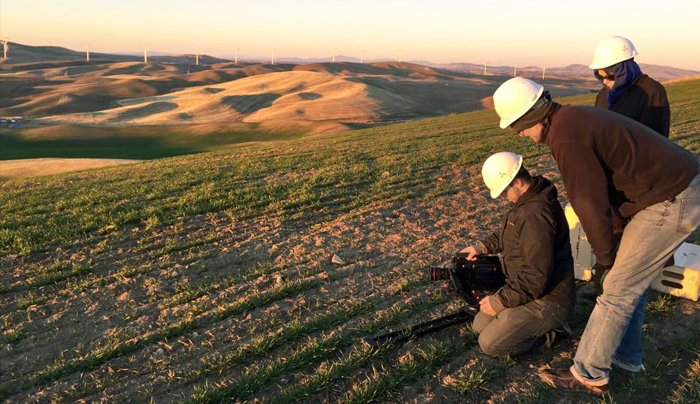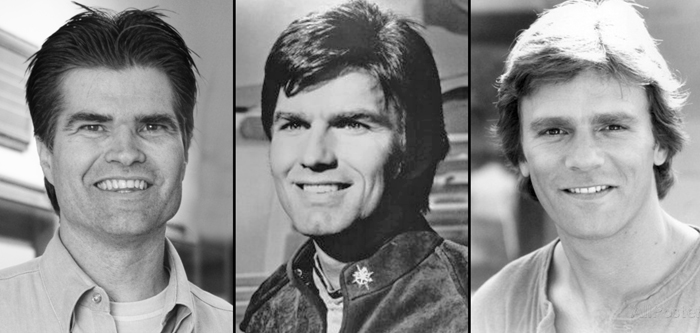Remember Richard Dean Anderson? He starred in MacGyver, the 1980s TV show that chronicled “the adventures of a secret agent armed with almost infinite scientific resourcefulness.” No, really. It’s all here.
How about Kent McCord? He played dreamy Officer Jim Reed on Adam-12, the police procedural that ran on NBC from 1968 to 1975.
And of course you’re all familiar with CK Anderson, man about town and helveticka head honcho. Sure, he’s perhaps not as well known, but I’m told he’s huge in Chewelah.
“And…?” you ask.
Couple of reasons. First, I find it peculiar that no one has ever seen these three men in the same place at the same time. (Seriously. I’ve asked around.)
Coincidence? Maybe. But coincidence, as Einstein purportedly said, is “God’s way of remaining anonymous.” I mean, what are the odds? Kent McCord disappears from public life around the time MacGyver becomes a Sunday night fixture; MacGyver is cancelled just as CK Anderson’s career takes off.
Still not convinced? Take a look at the photo below.
![CKA]()
Go ahead. Say their names. Charles, Kent, and Anderson. Charles. Kent. Anderson. CK Anderson (gasp!).
That’s it, folks. The seventh seal has been opened. “[A]nd there were peals of thunder, rumblings, flashes of lightning, and an earthquake.…Then I looked, and I heard an eagle crying with a loud voice as it flew directly overhead, ‘Woe, woe, woe to those who dwell on the earth.'”
posted by: Aaron Bragg | category: random thoughts | comments(2)




